Field to Forest: A New Way to Invest in Traditional Georgia Pine
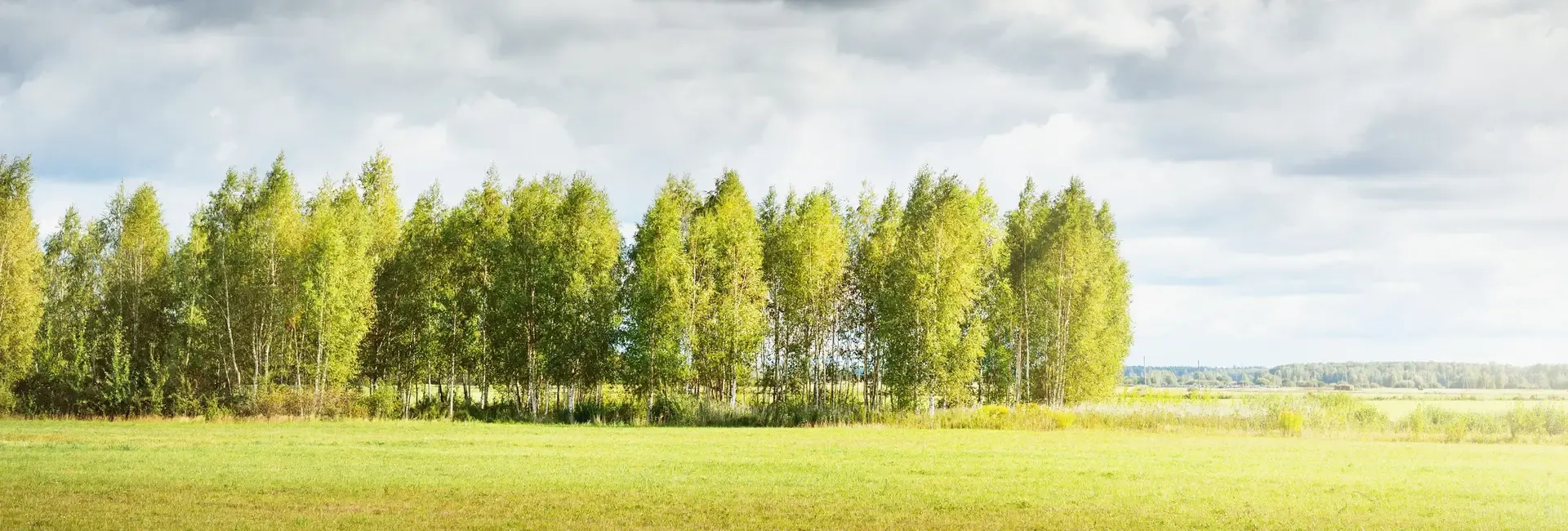
Plant Trees, Store Carbon, Get Paid and Steward Your Land
As a private Georgia landowner with pastures or croplands, what keeps you up at night?
Stewarding the natural resources on your land – soil and water, pasture and crops
Improving the financial opportunities on your family farm or agricultural operation
Enhancing wildlife habitat for passive enjoyment or recreational/commercial hunting
Protecting or creating your family farm legacy
Climate extremes and effects on your livelihood
If your answer is “yes” to one or more of the items above, then let’s talk about Field to Forest, AFF’s new pilot carbon practice in Georgia. Field to Forest is designed to support family landowners in Georgia by planting regional-specific loblolly pine seedlings on marginally productive or difficult to manage pastures and croplands.
Through Field to Forest, AFF provides local experts to work with you to accomplish your land management goals. We hire professional foresters to write planting plans that best suit the condition of your land. We also pay for reputable contractors to coordinate the planting process from start to finish, including site preparation, planting seedlings and post-planting maintenance.
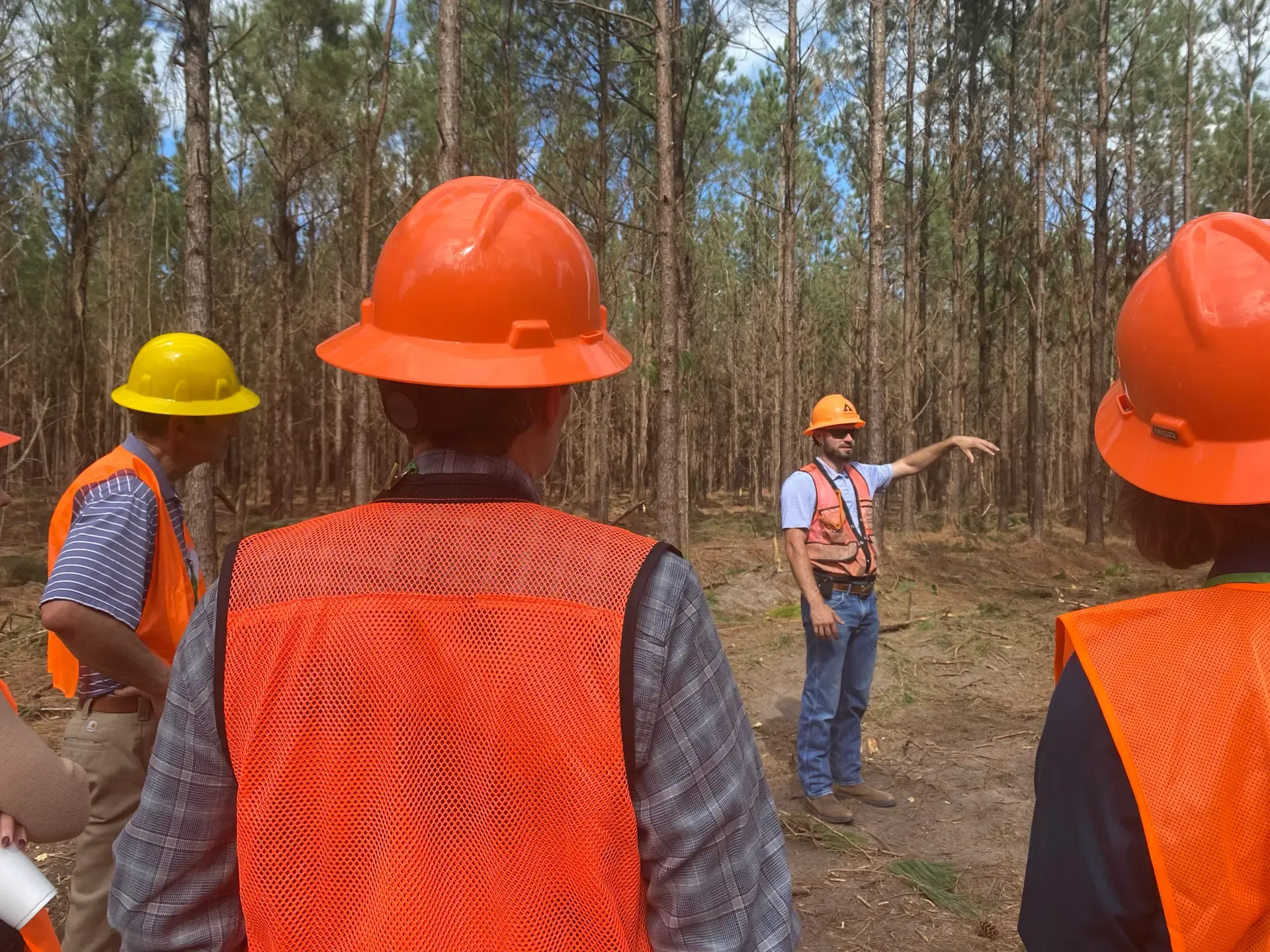
Forestry professionals work on marginally productive pastures and croplands to identify areas where regional-specific loblolly should be planted.
As the landowner of a new loblolly pine plantation, you will have the option to conduct one thinning and a final harvest. You keep the profits from these treatments. Should you choose to complete a final harvest, we will also pay for replanting another rotation of loblolly pine. Our pilot will also pay you $30 per enrolled acre per year for the 30-year landowner agreement.
In exchange for all the benefits Field to Forest provides landowners, we ask you for something too. We need you to see your land in a new light – to think about your fields and your new forest as both financial and ecological opportunities for your family and future generations.
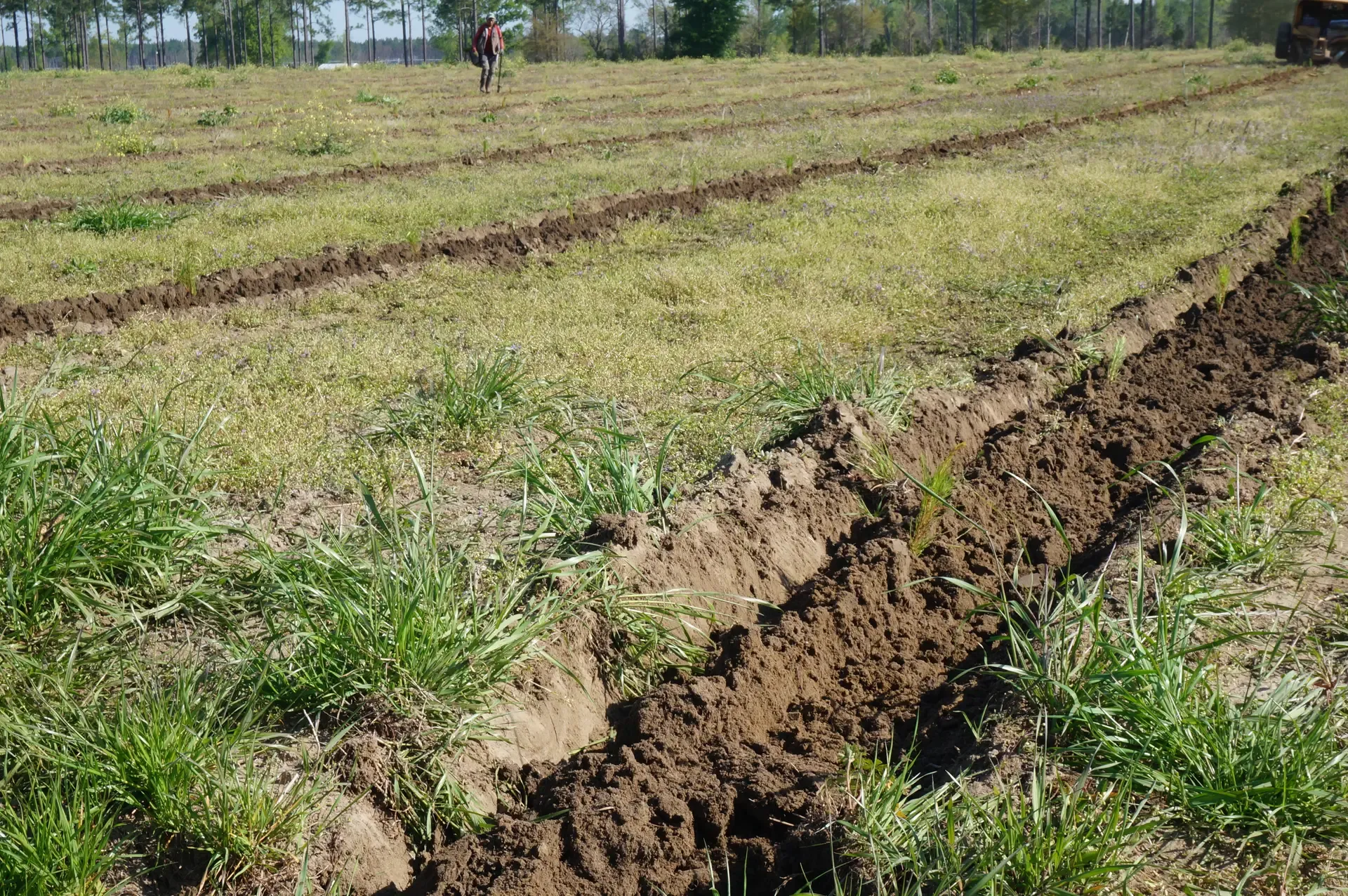
Creating planting rows for loblolly across difficult-to-manage fields is the first step to creating a new, productive loblolly plantation.
While you sustainably manage your pines for profit, you are also creating valuable wildlife habitat. Loblolly pine stands provide food and cover for white-tailed deer, wild turkey, gray squirrels, rabbit, quail and doves. Songbirds feed on the seeds and osprey and eagles often nest in tall loblolly pines. Trees are one of the most efficient natural mechanisms for capturing and storing carbon. Loblolly pines are incredibly adaptive and grow fast, making them one of the most effective carbon-storing trees in the United States – and Georgia has prime growing conditions. With Field to Forest, your land can make a difference in the fight to tackle climate change.
Landowners with 40 acres of privately owned “open land,” either pasture or row crops, are eligible to enroll in this pilot. If you are interested in learning more about Field to Forest, visit https://familyforestcarbon.org/fieldtoforest/ and please call us at 229-231-3818 or email us at fieldtoforest@forestfoundation.org.
Related Articles
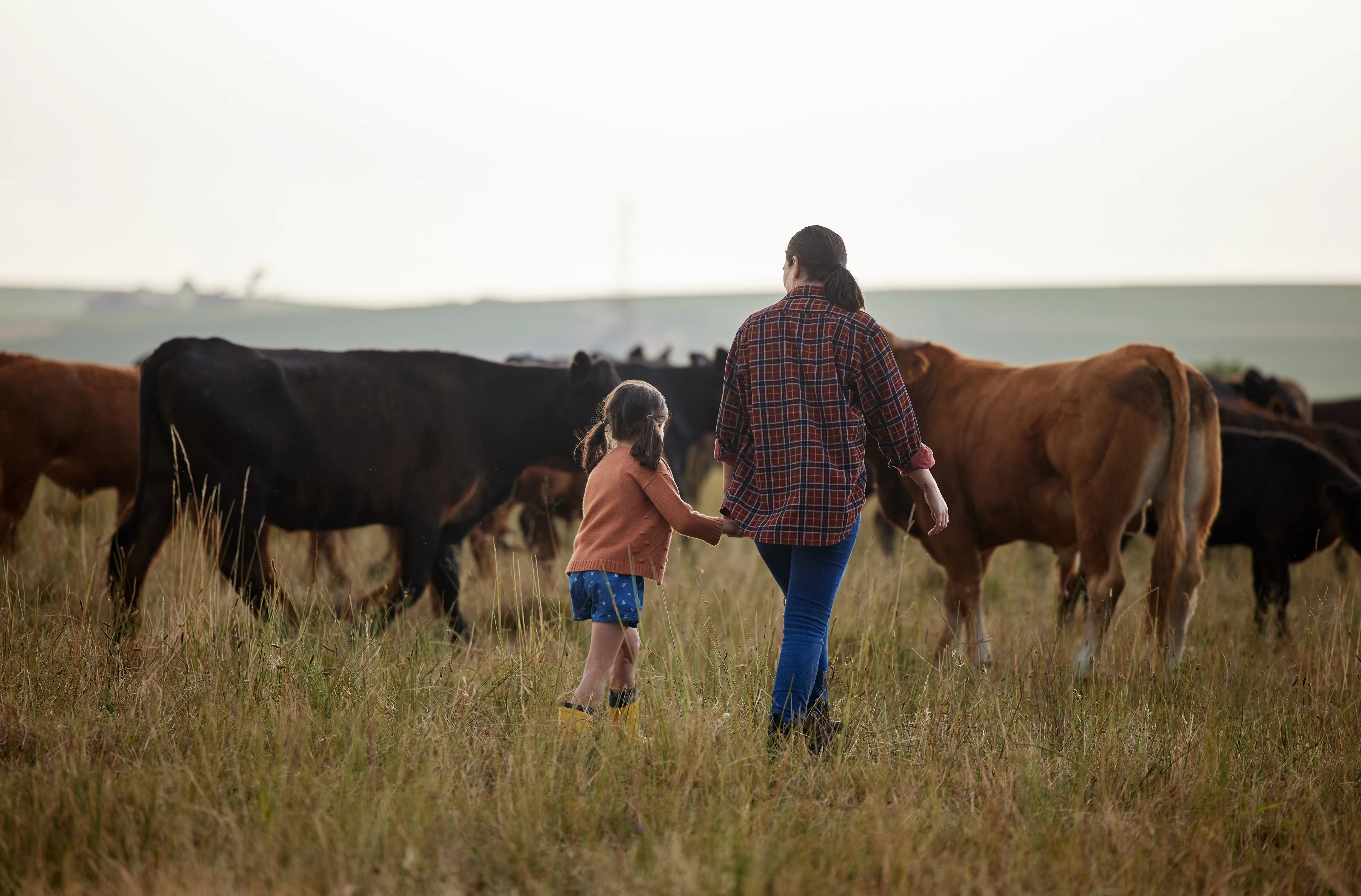
October 21, 2025
The Value of Your Fields & Forests Project
Curious what the Fields & Forests program really offers? Beyond the $30 per acre payment, there are added cost savings and income opportunities that make enrollment even more valuable. See how it all adds up!

September 3, 2025
Netflix Signs Carbon Credit Deal with AFF
The American Forest Foundation (AFF) announced today that Netflix has committed to a 15-year contract to purchase verified carbon credits produced through AFF’s Fields & Forests project (F&F), an Afforestation, Reforestation, and Revegetation (ARR) carbon project that partners with family landowners to transition their underused fields to thriving, working forests.
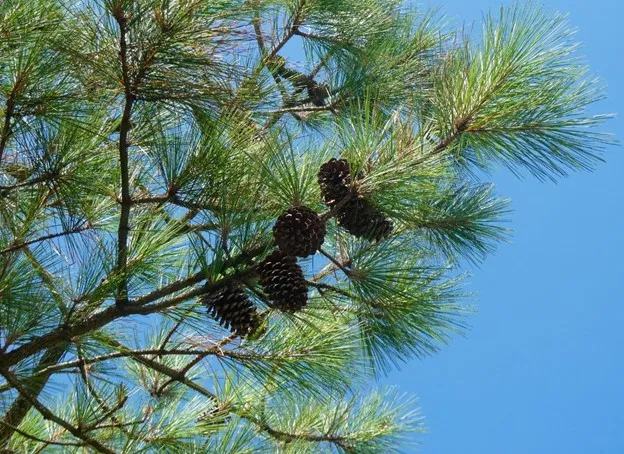
June 18, 2024
Field to Forest Provides Landowners with New Sources of Revenue
Field to Forest provides a new opportunity for landowners to turn their fields into productive sources of diversified revenue streams.